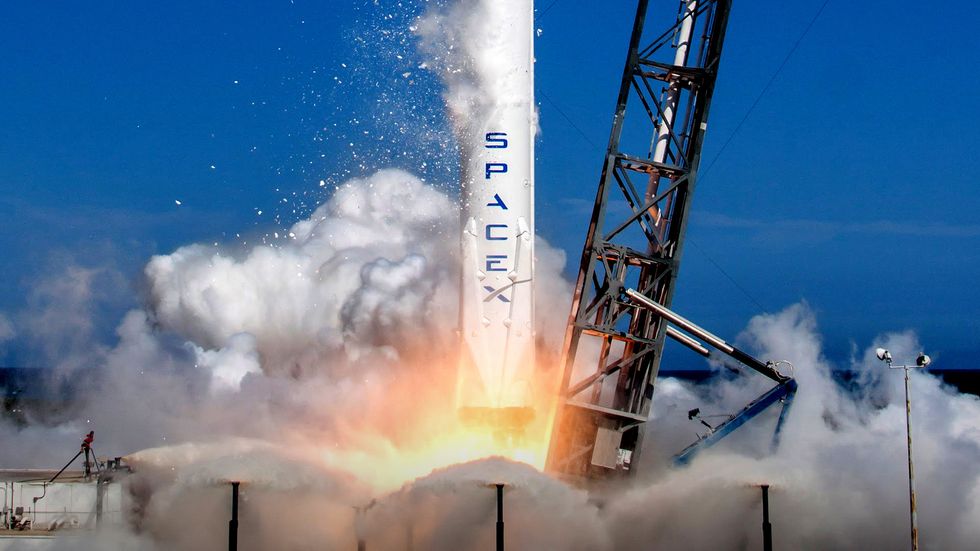In economics it's well known that if a business venture can not bring in money it can’t survive, this is of no consequence to Elon Musk.
Neil Degrasse Tyson, one of the world’s most well recognized voices on space exploration voiced his thoughts on SpaceX in an interview with the The Verge: “The delusion is thinking that SpaceX is going to lead the space frontier. That’s just not going to happen... for three really good reasons: One, it is very expensive. Two, it is very dangerous to do it first. Three, there is essentially no return on that investment that you’ve put in for having done it first.”
There is one factor that Tyson didn’t factor in however, a man’s dream. SpaceX is the result of someone’s dreams being larger than economic reward. Musk put over a $100 million of his own money into SpaceX in 2002 to get it off the ground with no expectation of return.
Not only has Musk’s investment paid off, but SpaceX is now valued at $21 billion and has gained several large contracts from NASA. With NASA’s budget being cut yearly and governments across the globe losing interest in space travel, Elon Musk is keeping the dream of a civilization on Mars alive.
Musk plans to reach mars by 2022, and to put people on it by 2024. NASA’s website states that they are: “developing the capabilities needed to send humans to an asteroid by 2025 and Mars in the 2030s.” Not only has Musk’s SpaceX become competitive with the United States Government, but they are in fact, leading the space frontier.






 The minimum wage is not a living wage.
StableDiffusion
The minimum wage is not a living wage.
StableDiffusion
 influential nations
StableDiffusion
influential nations
StableDiffusion












